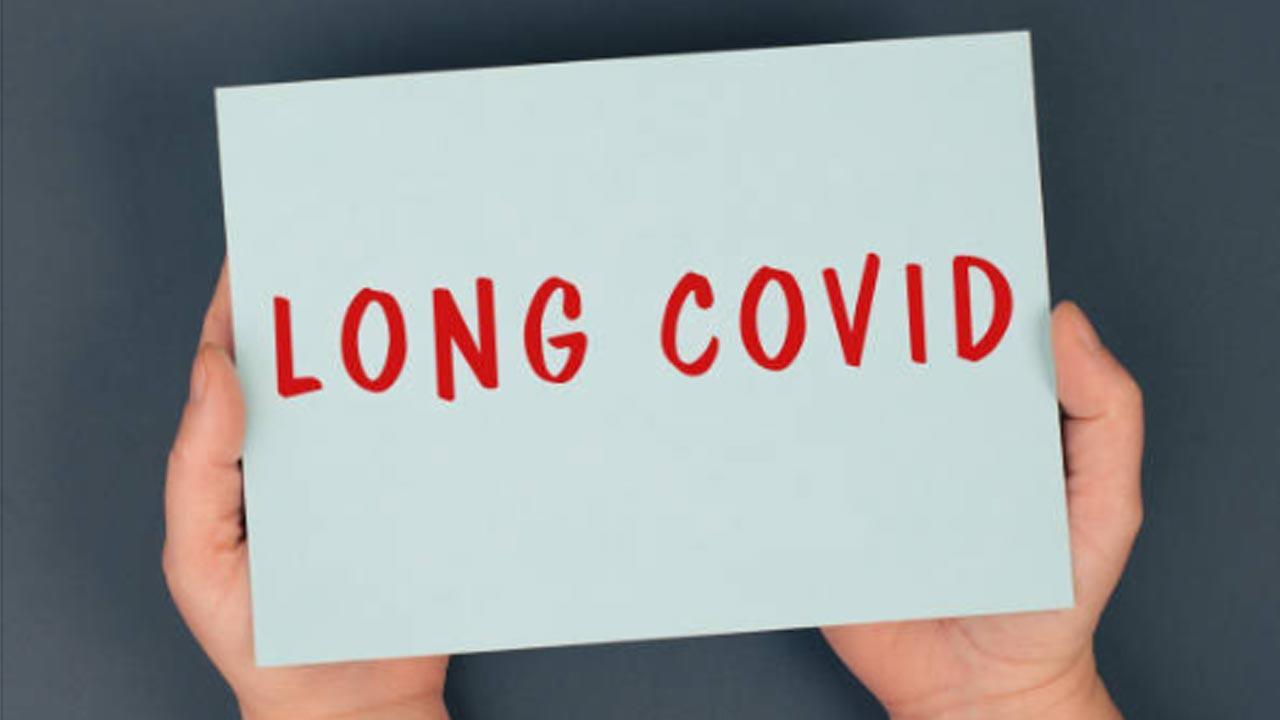The research, published by The BMJ, showed that smell and taste loss are common complaints among patients with Covid, with an estimated 50 per cent of patients reporting these symptoms

Representational image. Pic/iStock
Women are less likely to recover their sense of smell and taste after a Covid infection than men, according to a study of long Covid-19 published in the medical journal 'The BMJ'.
ADVERTISEMENT
Researchers from the National University of Singapore (NUS) spoke to a patient who said she has yet to recover her sense of smell, even though it has been over 27 months since initial infection. "It was sudden, like turning an electric switch off," described another patient about her abrupt loss of smell and taste, after contracting Covid.
"I was eating some lunch on day three after contracting Covid and one moment I could still smell and taste the flavours of my soup, and the next momemt everything vanished."
Besides women, patients with greater initial severity of smell loss and those with nasal congestion were also less likely to recover their sense of smell.
The research showed that smell and taste loss are common complaints among patients with Covid, with an estimated 50 per cent of patients reporting these symptoms.
This is thought to occur due to conductive barriers and nerve damage from the extensive inflammation in Covid infection, explained the researchers.
While most patients are expected to recover their sense of smell or taste within the first three months, "a major group of patients might develop long lasting dysfunction that requires timely identification, personalised treatment, and long term follow-up", the report read.
Also read: Coronavirus causes less severe illness in children than adults: Govt in Lok Sabha
"Our findings are likely to be of substantial relevance to general doctors and otolaryngologists in the counselling of patients with smell and taste disorders post-Covid-19," it added.
For the study, an international research team trawled databases for studies of adults with Covid related changes to smell or taste and studies that described factors associated with these changes and time needed for recovery.
In all, 18 observational studies involving 3,699 patients met their criteria. Four of the studies were conducted in the community setting and 14 in the hospital setting.
They found that smell loss may persist among 5.6 per cent of the patients, while 4.4 per cent may not recover their sense of taste. At least 30 days after initial infection, only 74 per cent of patients reported smell recovery and 79 per cent of patients reported taste recovery.
Recovery rates increased with each passing month, reaching a peak of 96 per cent for smell and 98 per cent for taste after six months.
This story has been sourced from a third party syndicated feed, agencies. Mid-day accepts no responsibility or liability for its dependability, trustworthiness, reliability and data of the text. Mid-day management/mid-day.com reserves the sole right to alter, delete or remove (without notice) the content in its absolute discretion for any reason whatsoever
 Subscribe today by clicking the link and stay updated with the latest news!" Click here!
Subscribe today by clicking the link and stay updated with the latest news!" Click here!







